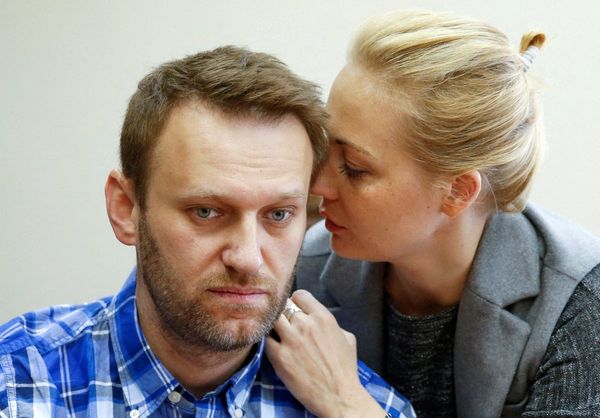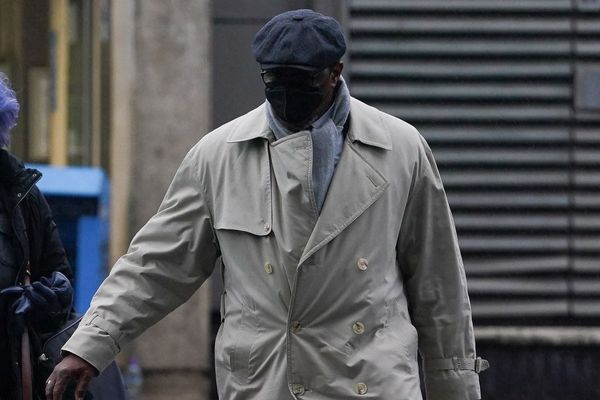Almost 10 million Australians have recorded confirmed cases of COVID-19, and while research into the prevalence of long COVID in Australia is still in its infancy, experts say it could affect hundreds of thousands of people.
While estimates vary, the World Health Organization forecasts 10 to 20 per cent of people will experience ongoing symptoms.
Wondering if that brain fog is a symptom of long COVID? Here's what to look for and how to seek help across the country.
Is long COVID real?
Very real. Long COVID is when symptoms of COVID-19 remain, or develop, long after the initial infection.
Describing it as a post-COVID-19 condition, the World Health Organization said long COVID occurred "usually three months from the onset of COVID-19".
What are the symptoms of long COVID?
Long COVID symptoms vary from person to person.
The most common symptoms include fatigue, cough, shortness of breath and problems with memory and concentration.
However, there are more than 100 possible symptoms, according to the long COVID clinic at St Vincent's hospital in Sydney, and some patients have had symptoms for up to two years since contracting the virus.
Two years into the pandemic, there is still much we don't know about long COVID.
Sydney researchers say one in five people with long COVID have shown signs of brain fog and memory loss, with no improvement even 12 months after diagnosis.
Other long COVID symptoms can include:
- Weakness
- Loss of taste and smell
- Sleep and mood disturbance
- Headaches or dizziness
- Joint or muscle pains
- Chest pain
- Hair loss
- Hoarse voice
- Rashes
- Struggling to perform day-to-day tasks.
But it's important to remember:
- Symptoms of long COVID will vary from person to person
- Symptoms may come and go or fluctuate over time
- Long COVID can occur in anyone who has had COVID-19, regardless of how mild or severe their symptoms were initially.
If you develop new COVID-19 symptoms more than 28 days after your recovery from COVID-19, get a PCR test as it's possible you have been reinfected.
What about recovery?
It's not yet known how long symptoms of long COVID will last.
President of the Royal Australian College of General Practitioners (RACGP) Karen Price says recovery from COVID-19 differs markedly from person to person.
"Some people are having relatively minor symptoms linger after contracting the virus, whilst others are having their life significantly compromised for many months with the patient unable to work, study, or enjoy social activities as they once did," Professor Price said.
While long COVID clinics are popping up around Australia, any person who continues to experience COVID-19 symptoms in the months following their infection is encouraged to speak with their GP about treatment options.
They can assess your symptoms, decide if further tests are needed and support your long COVID recovery.
And when symptoms are persisting or severe, your GP may refer you to a specialist long COVID clinic for additional care.
Where are the long COVID clinics in Australia?
NSW |
|
VIC |
The RACGP-supplied list of post-COVID services in the state includes:
|
QLD |
|
WA |
|
SA |
|
ACT |
|
TAS |
|
NT |
|
The overlap between long COVID and chronic fatigue syndrome
Long COVID symptoms have often been compared with those of chronic fatigue, and Australian researchers have recently revealed the illnesses share more than just symptoms.
Griffith University's National Centre for Neuroimmunology and Emerging Diseases said they had found a link in the pathology between long COVID and myalgic encephalomyelitis/chronic fatigue syndrome (ME/CFS).
It is the first of its kind to actually biologically identify the overlap in the dysfunction with long-COVID and ME/CFS patients, according to the researchers.
They liken it to a dysfunctional lock and key, where damaged receptors do not allow enough calcium in.
The findings will be published in the Journal of Molecular Medicine.
How can I protect myself from long COVID?
The best way to help protect yourself from long COVID is by trying not to get infected with COVID-19 in the first place, Professor Price says.
“We are still learning about long COVID and, to some extent at least, it is luck of the draw whether you suffer from this condition post-infection."
You can help protect yourself by practising COVID-safe behaviours, such as:
- Staying up to date with vaccinations
- Get tested if you have symptoms
- Catch up with friends and family outdoors or in well-ventilated spaces
- Wear a mask in public places where you can't maintain physical distancing
- Wash or sanitise your hands regularly.







